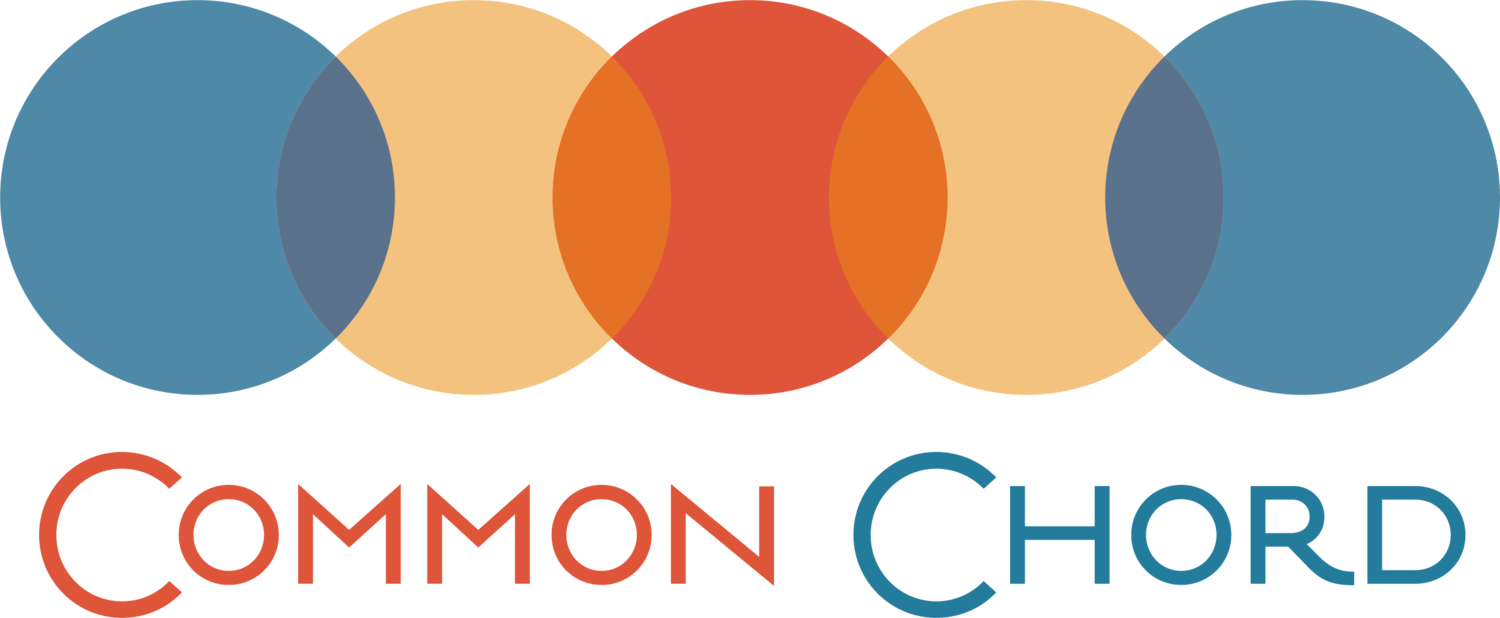The Importance of Honoring All Members of the Adoption Triad
Adoptive parents often lead the conversation about adoption. And, yes I am aware I am an adoptive parent pointing this out. There is room for adoptive parent voices in the realm of adoption, and I have learned a lot from other adoptive parents farther along in this process than I am.
At the same time, it is critical that the voices of adoptees and first/birth parents are also honored. In my experience, we hear least from first/birth parents. The way adoption works, they often have less power and fewer resources than adoptive parents do. Once an adoption happens, they generally have less legal power than adoptive parents.
And yet, the influence of both families will inevitably be felt in the raising of a child. With far greater frequency than years ago, adoptees are being raised with some version of open adoption.
I have shared space with many adoptive parents who are unsure how to navigate these waters. There is often a distinct fear that we, the adoptive parents, will be “left out” or unchosen by our adopted children. Or that perhaps our adopted children will be aware of more anger about adoption if they can see and know the people with whom they share ancestry.
I also hear adoptive parents struggle with how to know when contact with first/birth family is “good” or “bad” or “unsafe” for adoptees. These words are loaded. Often contact with first/birth family members is a mixture of powerful, amazing, confusing, and/or distressing emotions, and yet many of these interactions lead to healthier identity integration for the adoptee in the long run.
Don’t get me wrong. There are some situations in which it is truly emotionally and physically unsafe for adoptees to spend time with first/birth family members who are consistently unwell. At the same time, in my experience, adoptive parent anxiety and bias often mean that small indicators of discomfort for their child mean contact “should” stop. Many therapists who are not well versed in the adoption related issues are also quick to end visitation if a child’s behavior changes following visitation. But here is the thing. Adoption has uncomfortable elements including loss, guilt, and cultural confusion which may be unavoidable even if there is no contact with the first/birth parents.
Too often first/birth parents are presented as frozen in time when they “were making bad decisions” or at the very least as unidimensional figures who will be the source of harm and confusion to adoptees. Yet, often they are the keepers of important things for our children and a chance for a version of extended family for us. Our adopted children notice how we feel and talk about their family members. Judgements become glaring, and almost always backfire on us. We need to do the work to examine our own biases and fears about allowing ourselves to be vulnerable with our children’s other parents.
Today I want to offer three tips for adoptive parents.
Find adoption competent therapists who can guide you through the complexities and richness of open adoption.
Understand completely that your child can sense any fears you have about “losing” power or closeness to your child because of open adoption. Don’t let your fear limit the love your child is able to experience.
Take the opportunity to listen to first/birth parent voices. It can be easy to interpret birth/first parent behavior incorrectly if we do not understand the complexity and intensity of their experiences in the adoption triad.
If you would like to hear more about the importance of centering birth/first parent voices in adoption, check out my most recent podcast. I had the honor of speaking with Susan Dusza Guerra Leksander, LMFT. She has changed the lives of many adoptive families and I learn from her on an ongoing basis. Have a listen here and reach out with any questions.
Dr. Laura Anderson
Dr. Laura S. Anderson specializes in educating and supporting families, as well as clinicians who support transracial adoptive families, across the globe to overcome barriers, derive strength from their differences, and thrive. She is a dynamic advocate for multiracial families and a strong advocate for supporting "third culture" children and families who may need support with the stressors associated with living out of their countries of origin.
Contact Dr. Anderson here.



